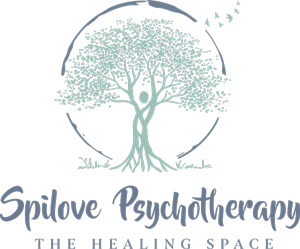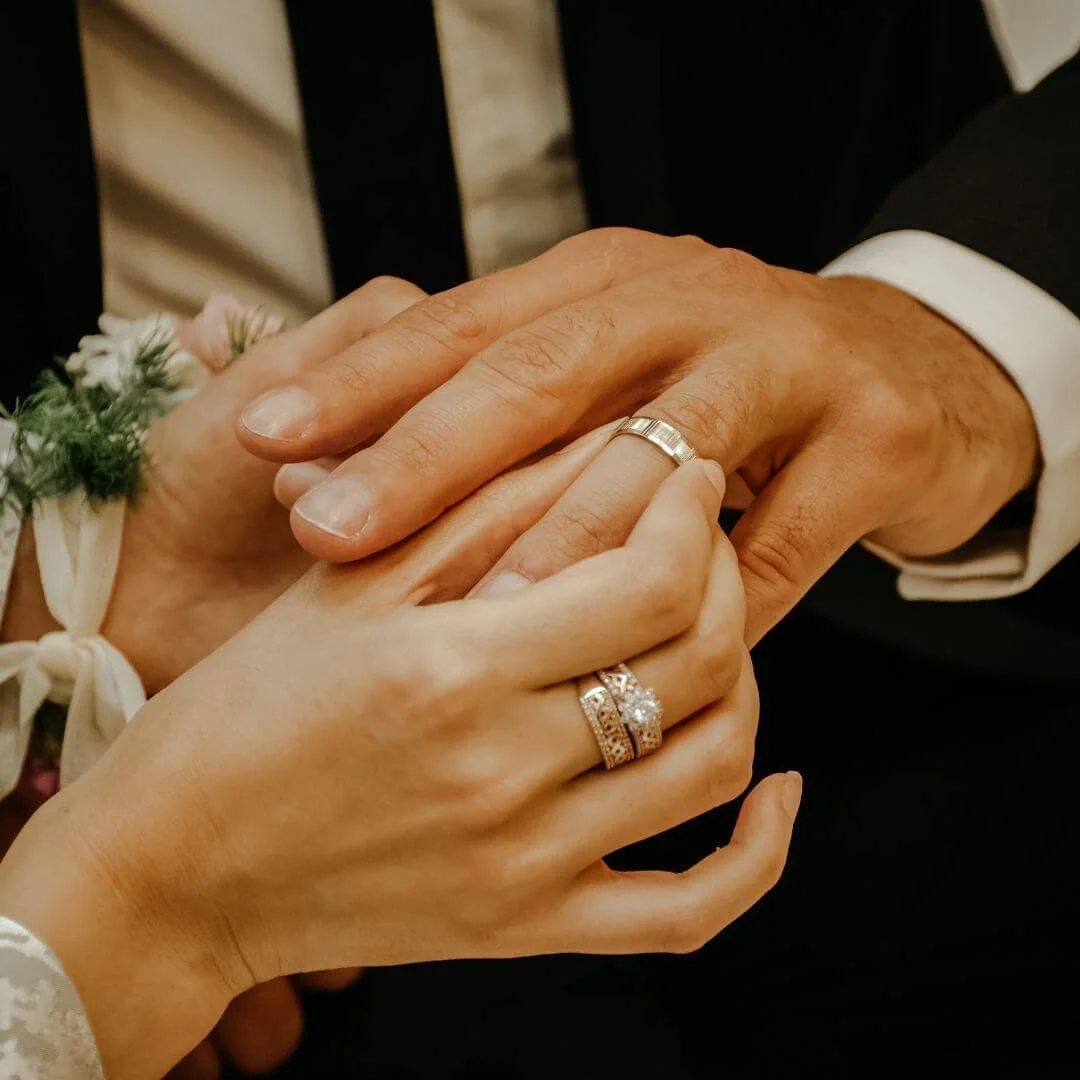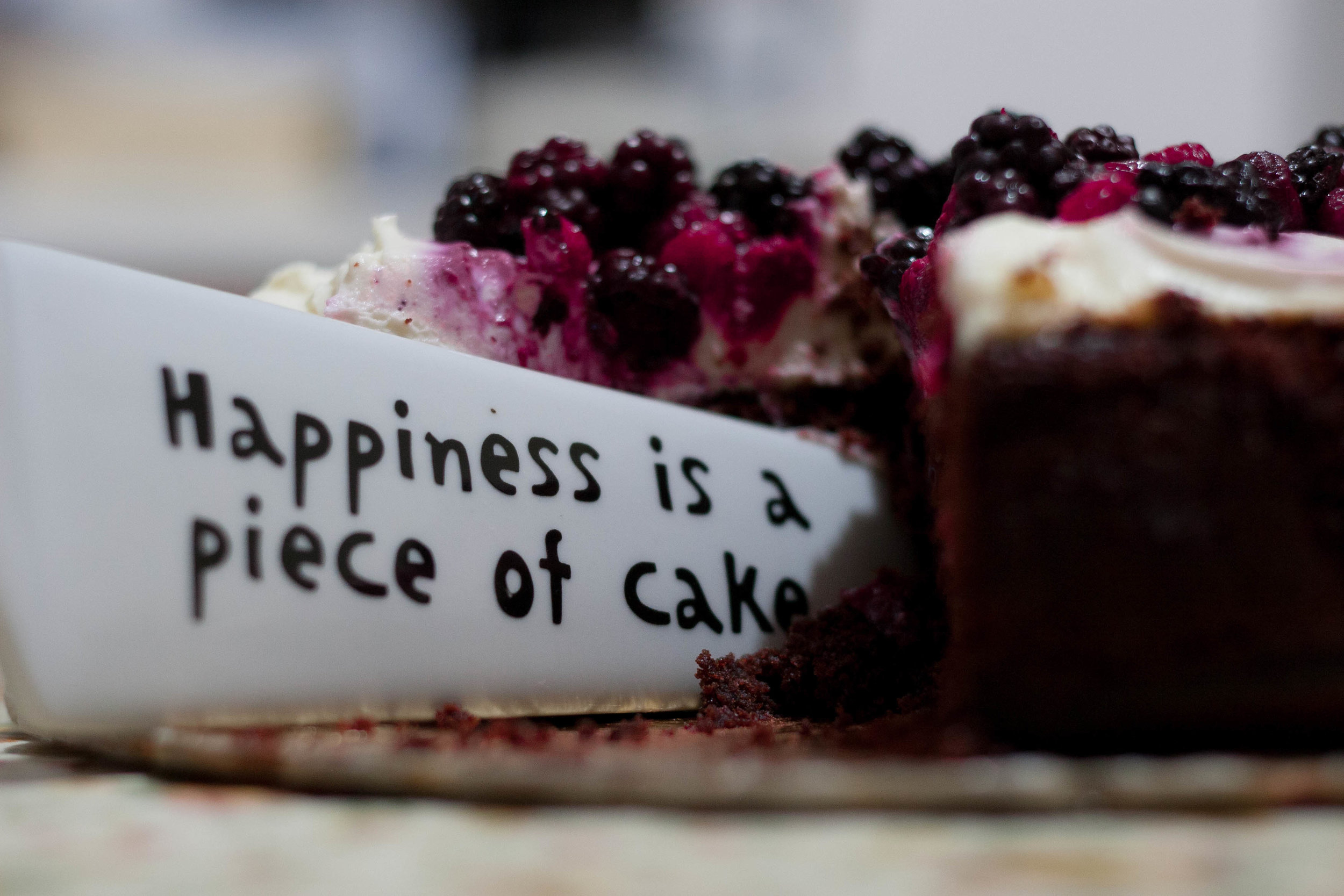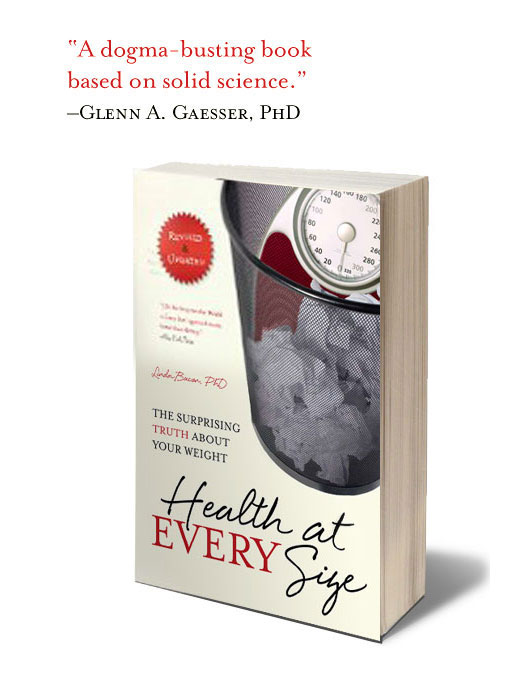West Chester, PA is a dynamic place to live. If you already live here, you probably know that - if you don't live here, you might not have heard of it. We have the wonderful West Chester University right here and an historic downtown with cute shops and great restaurants. With Everhart and Goshen Parks in town and and Valley Forge in our back yard, we sure are lucky to have so much nature at our fingertips.
Finding an Eating Disorder Trauma therapist in West Chester, PA
seems harder than it should be. With Bryn Mawr's Graduate School of Social Work close by, Villanova and St. Joseph's University, not to mention University of Pennsylvania, Swarthmore and LaSalle, we have many talented social workers and other clinicians in the counseling profession. So, how do you determine which person will be the best fit for you? Choosing a therapist is a very personal decision. If you are looking for a counselor, psychologist, life coach or therapist - I'd like to help you find someone who can help.
Here are some ways to search
Ask around
I bet you know some people who are in the mental health field or who know other people who are. Think about asking someone who works for a rehab or treatment center, your doctor or someone at your school. Therapists that come highly recommended are a good way to make sure they have a good reputation.
Google
Type in to Google your town and the issue you are looking for help with. For example, "Downingtown Anxiety" or "Paoli Trauma" and see what comes up. In the top things that come up in your search, you will hopefully see some links to therapists that specialize in your particular need.
Psychology Today
What you will most likely see is a result that links to a Psychology Today profile for therapists in your area that have indicated these specialties. Psychology Today is a great site that is most commonly used for therapists to post their profiles and for clients to find a therapist nearby. The great thing is that you can refine your search by specialty. The unfortunate thing is that therapists can indicate that we specialize in as many topics as we'd like. Although a therapist might indicate that they specialize in anxiety, if it's really something we want to work with, we usually spend lots of time talking about it on our websites.
Websites
Check out the websites of potential therapists. If you are looking for help with panic attacks and the website you are visiting talks a bunch about panic attacks, that's a great sign! If you are looking for help with PTSD symptoms and you're on a website that doesn't mention them, you might want to keep looking.
Phone consultation




























